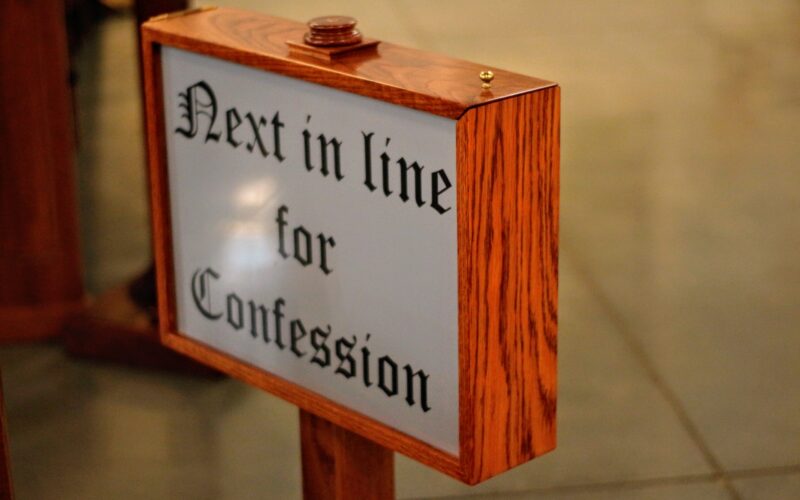It’s hard to imagine, but during his rise in 1890, Oscar Wilde stumbled through the writing of “A Picture of Dorian Gray.” After several of Oscar’s own drafts, the editor at Lippincott’s Monthly Magazine pruned the story, hacked it, gutted it, and truncated it. Evenutally, something was published. But the brutal evisceration didn’t end there: The public tore it apart, with one critic noting the writing was “heavy with mephitic odours of moral spiritual putrefaction.” Whatever that means.
I hardly think of myself as an equal to Wilde, but it does comfort me that a now-revered writer suffered through endless criticism, editing, and rejection. It makes me wonder: When is a writer’s work good enough to share with the world?
Never.
There will always be critics. And given the subjective nature of writing (it is far more art than science), it will never be “good enough” for everyone. So what dictates when we share?
One: When it starts a (meaningful) conversation. Good writing makes a point and points are the starting place for dialogue. Some readers will disagree heartily with your points, others slightly, and others not at all. Some may agree in similar gradations, and others may choose to ignore them. The purpose of writing is not to be “all and done” but to spark curiosity, interest, and engagement. If your writing can do that — and not spur controversy that detracts from the core message — it is ready for consumption.
Two: It is not merely self-indulgent. Writing for one’s own sake is fine — even a good way to practice the framing of thought and argument, or the use of language — but by definition, this is not meant to be consumed by others. We must ask ourselves: What is the prompt for this writing? To share an idea or express an opinion to others? Or simply to try out a smattering of thoughts and a new organization of words?
Three: When need is exhibited. This is rare. Few writers will ever be in a position to feel the public need for their work. And to be clear, I do mean need and not want. Fans may clamor for a sequel to this or another book about that, but it does not mean they need it. No, I mean when a writer has information that can change society for the better or prevent a drastic ill, but only in the confines of a small window of time — either because public attention will quickly fade, or because there are macrocosmic limitations that make the reception and understanding of the work impossible outside of a specific timeframe.
If I’m honest, I don’t often adhere to these guidelines. In a lust for attention, I quickly push out writing that is ill-conceived and clumsy. But as I think about what writing has impacted the world, I see (most of) these three criteria met time and again.
Or, perhaps to put it more simply: More is not better. Thoughtful is better. And it would serve me well to remember it.










